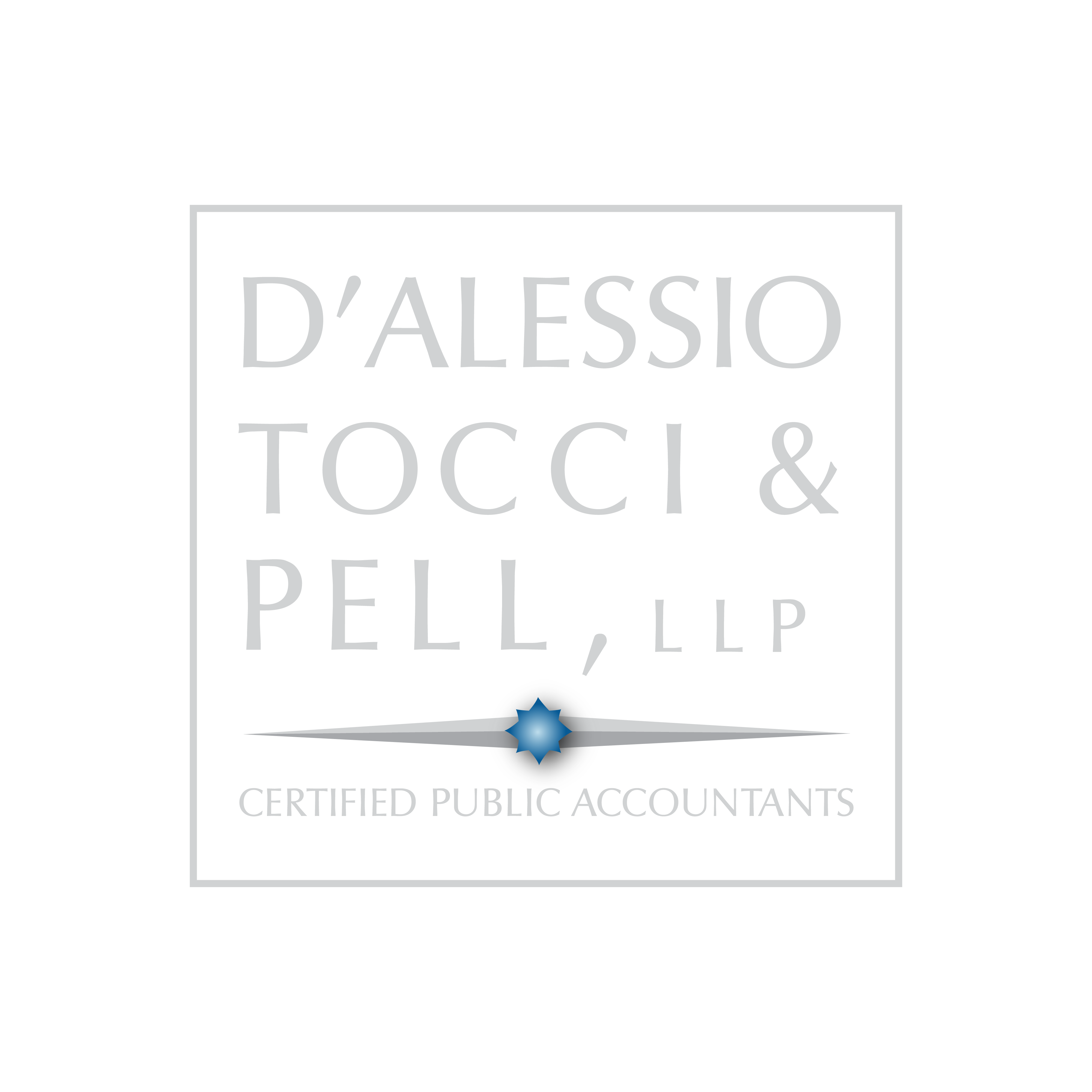Tax planning is a crucial part of running a successful law firm, especially as the end of the year approaches. As a law firm owner or manager, there are several tax strategies you can use to reduce your tax liability and maximize your deductions. Here are seven tips for year-end tax planning in 2023 that are specifically tailored for law firms:
- Take advantage of the 100% deduction for business meal expenses: The Consolidated Appropriations Act of 2021 allows for a grace period during which restaurant meals are 100% deductible, rather than the usual 50% deduction. To qualify, the restaurant must prepare and sell food or beverages to retail customers for immediate consumption, whether dine-in or take-out. Law firms should ensure that they have set up a separate account to track these expenses for a full deduction.
- Review the Employee Retention Credit: The Infrastructure Investment and Jobs Act enacted in November 2021 limits the prior law for the Employee Retention Credit (ERC) to apply only to wages paid before October 1, 2021, unless the employer is a recovery start-up business. This change reduces the maximum 2021 ERC per employee to $21,000 from $28,000. Law firms that have already received an advance payment for 2021 fourth-quarter wages or have reduced their tax deposits by the ERC they expected to claim should consult with their tax advisor for specific guidance consistent with the new legislation.
- Monitor Remote Workers: Due to COVID-19, many employees continue to work remotely, establishing income tax nexus for their employers by virtue of their locations. Remote work may also reduce a firm’s tax liability in some jurisdictions. Therefore, law firms should track the work locations of partners and other legal personnel to determine whether these workers have established a nexus for the firm. Once nexus has been established, firms need to consult with their tax advisor to determine tax filing and payment requirements.
- Consider SALT Cap Workarounds: Law firms should consult with their tax advisors to determine whether electing pass-through entity tax (“PTE”) SALT cap workaround would be beneficial for their firm. Each state has its own eligibility period and calculation system, so firms need to assess their situation and act accordingly.
- Take advantage of Fixed Asset Purchases: The year-end is an excellent time to purchase fixed assets to take advantage of the available deductions. IRC Sec. 179 allows a 100% deduction for most fixed asset purchases through 2022 to the extent the business is profitable. Different rules apply to state reporting, so law firms should consult with their tax advisor before making any purchases.
- Monitor Basis Considerations: Law firms need to track their partners’ or shareholders’ tax basis and limit distributions to the extent of remaining basis. Owner distributions that exceed tax basis may result in taxable income for that partner or shareholder. If a law firm’s PPP loan was forgiven during 2023, the forgiveness does not create taxable income. Instead, law firms need to report the forgiveness as tax-exempt income and add it to the owners’ basis in the year of forgiveness.
- Prepare for Forms 1099 Early: Law firms should begin gathering information to prepare the Forms 1099 that they will need to issue early in 2024. It is important not to wait until January 1 to begin this process.
By utilizing these seven tips for year-end tax planning, law firms can save money on taxes, maximize deductions, and ensure that they are in compliance with current tax laws and regulations. Working closely with a trusted tax advisor can help firms tailor their tax strategies to their specific needs and goals, helping them to achieve long-term financial success.



Stay In Touch